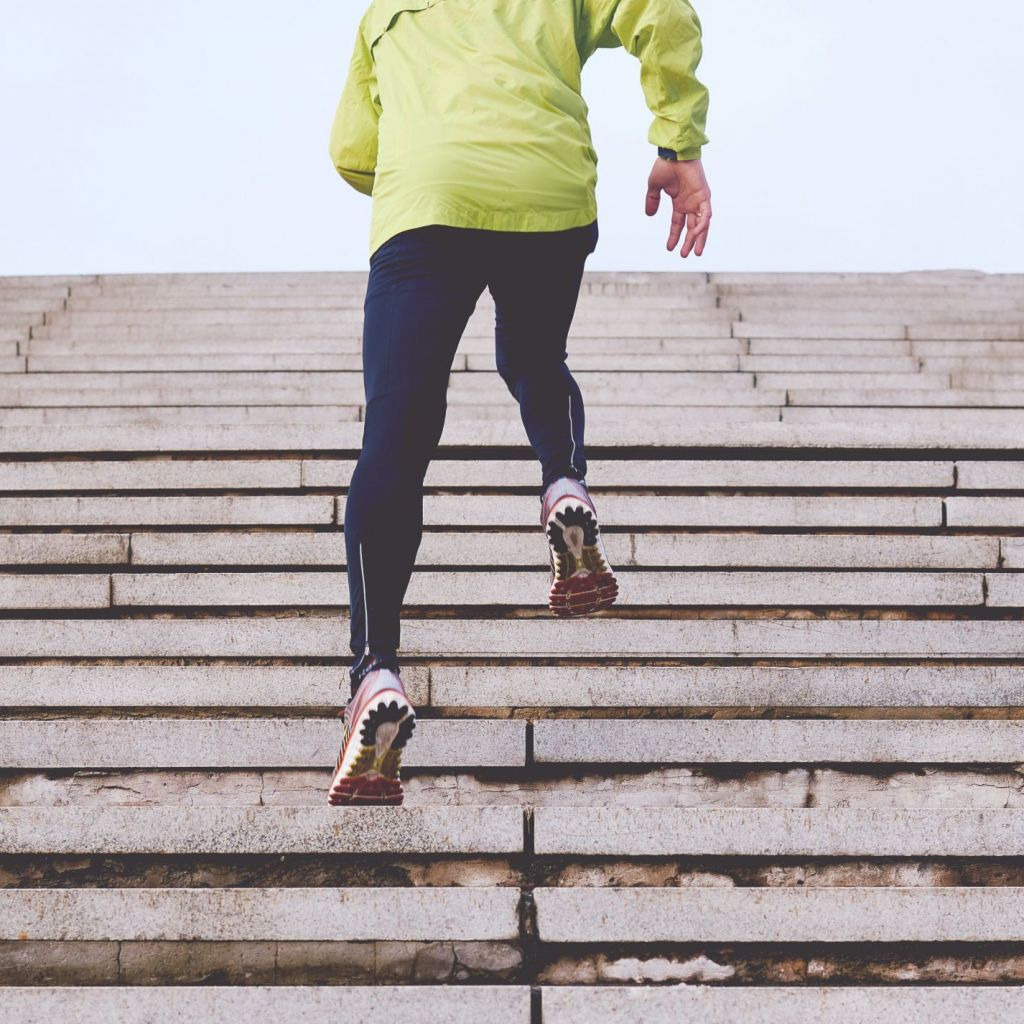Breathing While Running
October 8, 2020
Written by Nikki Kilian, Fitness Coordinator
During my sophomore year of college, I signed up for the advanced running class (Phys Ed 236). I had enjoyed running but wanted to learn how to be better at it. I was looking for a technical formula and concrete answer. What I gained was so much better. One of the many questions I had about how to improve my running was how to breathe. To unfold this idea, first you need to determine your goals: Are you doing interval training or distance running?
Interval Training
If you are conducting sprints, you will get out of breath. The key here is to get breathless, let yourself recover, and then sprint again. (Do not go breathless if your doctor advises you not to, if you have a medical condition, or if you are pregnant).
The benefit to doing sprints is that you will achieve maximum caloric burn in a short amount of time and doing high intensity interval training (HIIT) actually allows your body to continue burning calories throughout the day. This is because aerobic activity causes excess post-exercise oxygen consumption (EPOC).
Distance Running
When aiming for distance, a good rule of thumb is to run at a conversational pace, as advised by the legendary Dr. Horton. (if you don’t know him, take PhysEd 235 or 236—it’s a good time.)
Now to some, and to myself at the time, talking while running may seem like a malicious form of torture. But it works. If you are able to carry on a conversation with the person next to you, then you are able to breathe well while running. In a conversational pace, you should be able to run for a while (approximately 26.2 miles, speaking from experience).
If you are looking for a new personal record (PR) then you may need to increase the pace a bit, which would then make it harder to keep up a conversation. At this pace, make sure you can still speak 3-5-word sentences somewhat regularly. If you are gasping for air, then you are not at a maintainable pace.
Variables to Consider
Hills
Hills will make your entire body work harder from your cardiorespiratory system, to your musculoskeletal system. Therefore, anticipate breathing heavier on hills. Tip: In Dr. Horton’s running class, he advocated for walking hills. Dr. Horton explained that your heart rate running on flat road was approximately the same as power walking up a steep hill. So feel free to walk uphill!
Weather
Weather can also play a significant role in your respiratory capability. Humidity and heat, specifically, can make breathing evenly a bigger challenge. On these days, try to run in the morning before the heat or humidity, indoors if that is an option, or alternate walking and running.
Yourself
Lastly, you will be a variable. You will feel different every day. Some days you may get out of breath faster, and that’s okay. Give yourself grace and do not be too hard on yourself. Allow yourself the freedom to walk if you need to. Listen to your body and respond with what it is asking you to do.

